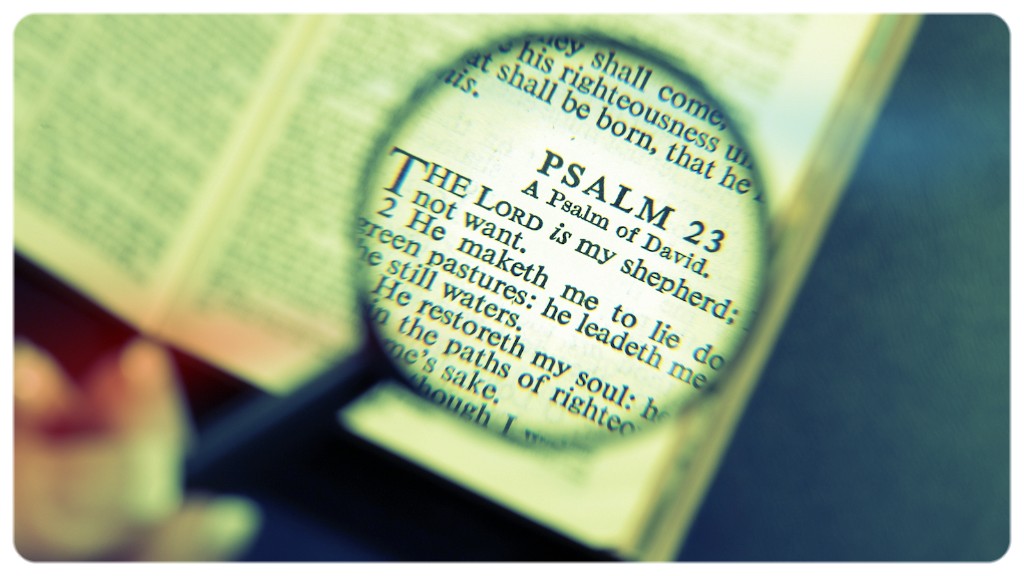By Rabbi Simkha Y. Weintraub
For centuries, Jews have turned to the biblical Book of Psalms for solace, guidance, catharsis, renewal, and much more. The 150 psalms that constitute this important component of the Writings (Ketuvim) section of the Jewish Bible reflect a wide range of experience and expression: anger and acceptance, complaint and comfort, despair and delight, fatigue and faith, and so on.
Psalms pervade the established Jewish liturgy of morning, afternoon, and evening prayer services, but our tradition made the psalms into a very "flexible" resource — encouraging us to turn to them when we need them, and be less bound by, for example, strictures that require certain prayers to be recited at certain times of the day.
Your Guide to the Psalms
Learn about the psalms' place in Jewish liturgy, their origins, and more.
Hannah's Prayer
The biblical Hannah is considered by the rabbis to be the originator of Jewish private prayer.
Where Do the Psalms Come From?
The Ketuvim, or Writings, are full of important works, but don't present themselves as divine inspiration.
|
|
Prayer has been the foundation of Jewish ritual and practice for thousands of years, but you may still wonder how and why to say the prayers in the canon. At My Jewish Learning, we invite you to explore the deeper side of prayer. Each week we'll share a unique exploration of a particular Jewish prayer, plus offer background materials and more to enhance your understanding. In the meantime, you can explore all of MJL's prayer resources here.
|
|


